Related Research Articles

Heroin, also known as diacetylmorphine and diamorphine among other names, is a morphinan opioid substance synthesized from the dried latex of the Papaver somniferum plant; it is mainly used as a recreational drug for its euphoric effects. Medical-grade diamorphine is used as a pure hydrochloride salt. Various white and brown powders sold illegally around the world as heroin are routinely diluted with cutting agents. Black tar heroin is a variable admixture of morphine derivatives—predominantly 6-MAM (6-monoacetylmorphine), which is the result of crude acetylation during clandestine production of street heroin. Heroin is used medically in several countries to relieve pain, such as during childbirth or a heart attack, as well as in opioid replacement therapy.

John Edward Prine was an American singer-songwriter of country-folk music. Widely cited as one of the most influential songwriters of his generation, Prine was known for his signature blend of humorous lyrics about love, life, and current events, as well as serious songs about melancholy tales from his life. His songs would often have elements of social commentary and satire. He was active as a composer, recording artist, live performer, and occasional actor from the early 1970s until his death.

Speedball, powerball, or over and under is the polydrug mixture of a stimulant with a depressant, usually an opioid. The most well-known mixture used for recreational drug use is that of cocaine and heroin; however, amphetamines can also be mixed with morphine and/or fentanyl. A speedball may be taken intravenously or by nasal insufflation.
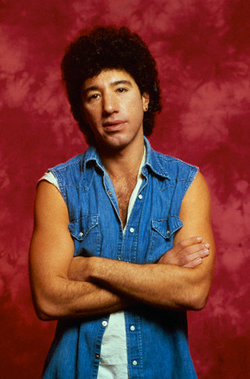
Howard Norman Epstein was an American musician best known as a bassist with Tom Petty and the Heartbreakers.
This is a list of notable events in country music that took place in the year 2003.
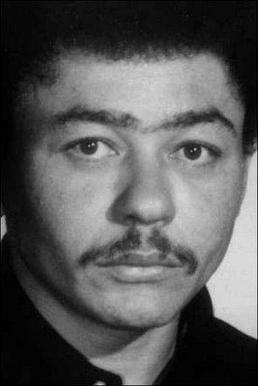
Donald Goines was an African-American writer of urban fiction. His novels were deeply influenced by the work of Iceberg Slim.
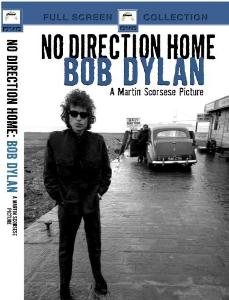
No Direction Home: Bob Dylan is a 2005 documentary film by Martin Scorsese that traces the life of Bob Dylan, and his impact on 20th-century American popular music and culture. The film focuses on the period between Dylan's arrival in New York in January 1961 and his "retirement" from touring following his motorcycle accident in July 1966. This period encapsulates Dylan's rise to fame as a folk singer and songwriter where he became the center of a cultural and musical upheaval, and continues through the electric controversy surrounding his move to a rock style of music.

Reggie Grimes Young Jr. was an American musician who was lead guitarist in the American Sound Studio house band, The Memphis Boys, and was a leading session musician.

"Highway 61 Revisited" is the title track of Bob Dylan's 1965 album Highway 61 Revisited. It was also released as the B-side to the single "Can You Please Crawl Out Your Window?" later the same year. In 2004, Rolling Stone magazine ranked the song as number 364 in their 500 Greatest Songs of All Time.

Michael Siegfried Raphael is an American harmonica player, music producer and actor best known for his work with Willie Nelson, with whom he has toured as part of The Family since 1973.
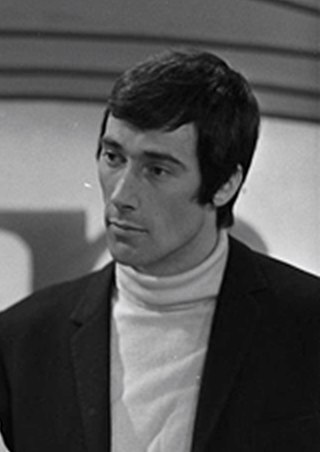
Roger Frederick Cook is an English singer, songwriter and record producer, who has written many hit records for other recording artists. He has also had a successful recording career in his own right.
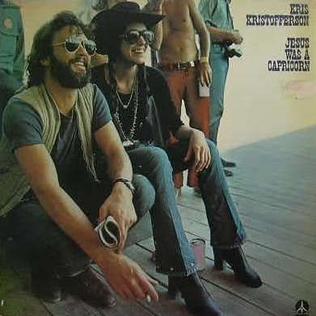
Jesus Was a Capricorn is the fourth album by Kris Kristofferson, released in 1972 on Monument Records. The album cover pictures Kristofferson and his soon-to-be wife Rita Coolidge. "Why Me" reached #1 on the Country singles charts.
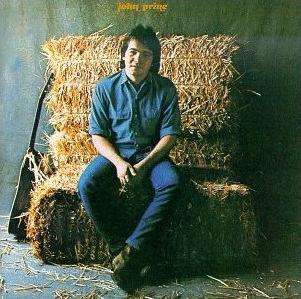
John Prine is the debut album by American country/folk singer-songwriter John Prine, issued by Atlantic Records in 1971. In 2012, the album was ranked number 452 on Rolling Stone magazine's list of the 500 greatest albums of all time. It was later ranked number 149 in a revised version of the list published in 2020.
"Can the Circle Be Unbroken (By and By)" is a country/folk song reworked by A. P. Carter from the hymn "Will the Circle Be Unbroken?" by Ada R. Habershon and Charles H. Gabriel. The song's lyrics concern the death, funeral, and mourning of the narrator's mother.

Aimless Love is the eighth album by American folk singer and songwriter John Prine, released in 1984. It is his first release on his independent record label, Oh Boy Records.
Donald Ray Fritts was an American session musician and songwriter. A recording artist in his own right, he was Kris Kristofferson's keyboardist for over forty years. In 2008, he was inducted into the Alabama Music Hall of Fame.
"Soldier's Joy" is a fiddle tune, classified as a reel or country dance. It is popular in the American fiddle canon, in which it is touted as "an American classic" but traces its origin to Scottish fiddling traditions. It has been played in Scotland for over 200 years, and Robert Burns used it for the first song of his cantata 'The Jolly Beggars'. According to documentation at the United States Library of Congress, it is "one of the oldest and most widely distributed tunes" and is rated in the top ten most-played old time fiddle tunes. The tune dates as early as the 1760s. In spite of its upbeat tempo and catchy melody, the term "soldier's joy" has a much darker meaning than is portrayed by the tune. This term eventually came to refer to the combination of whiskey, beer, and morphine used by American Civil War soldiers to alleviate pain.
"Daddy's Gonna Pay for Your Crashed Car" is a song by Irish rock band U2 and the sixth track from their 1993 studio album Zooropa.

Live at the Brattle Theatre is a live album by Evan Dando recorded at the Brattle Theatre in Cambridge, Massachusetts, on October 18, 2000, and released in Australia the following year. It contains a mix of originals from Dando's albums with the Lemonheads in addition to three covers, including Victoria Williams's "Frying Pan," and one new track, "The Same Thing You Thought Hard About Is the Same Part I Can Live Without," which later appeared on Dando's first solo studio album, Baby I'm Bored (2003).
References
- ↑ Laurin Penland (November 18, 2011). "John Prine: A Look Back At One Man's War". NPR Music. Retrieved June 4, 2014.
- ↑ "Special Investigations Heroin". Archived from the original on August 14, 2011. Retrieved September 11, 2011.
- ↑ "Music: The Blue-Collar Blues". Time.com. Archived from the original on 2013-02-04.
- ↑ Andy Greene. "Readers' Poll: The 10 Saddest Songs of All Time". Rolling Stone . Retrieved June 4, 2014.
- ↑ "Five Good Covers: Sam Stone (John Prine)". Covermesongs.com. 8 May 2013. Retrieved January 24, 2018.
- ↑ "Johnny Cash singing Sam Stone". YouTube . Retrieved June 13, 2017.
- ↑ "See John Prine Explain Why Johnny Cash Wanted to Rewrite 'Sam Stone'".
- ↑ "Live at the Brattle Theatre/Griffith Sunset - Evan Dando | Songs, Reviews, Credits". AllMusic . Retrieved 2020-04-08.